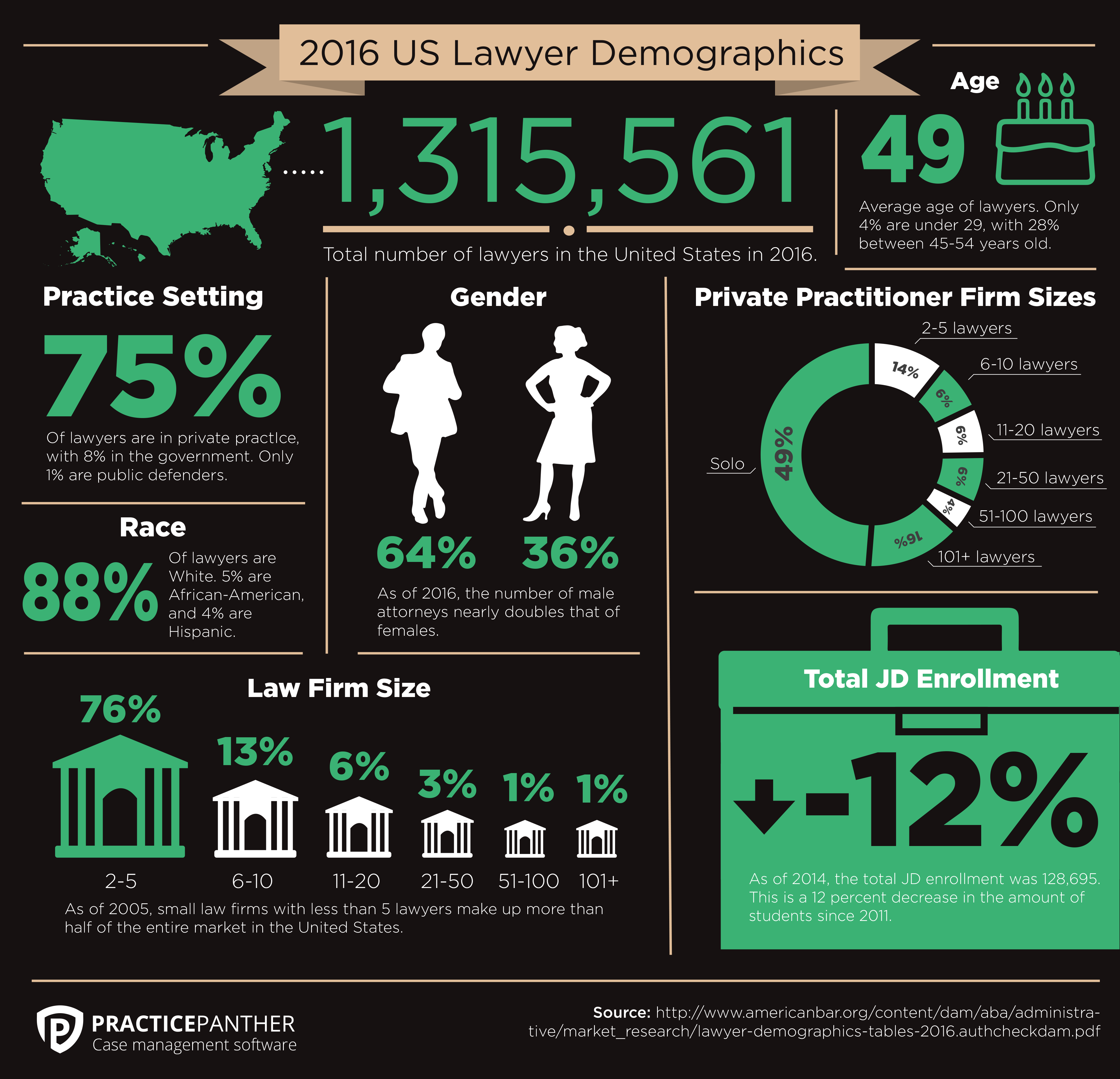The Economic Effects And Influence Of Clerical Criminal Offense
The Economic Effects And Influence Of Clerical Criminal Offense
Blog Article
Web Content By-Henneberg Hays
Visualize an excellent yard, thoroughly nurtured over years, full of lively flowers and lush greenery. Currently, picture a swarm of perilous insects calmly infiltrating this haven, gnawing away at the origins and petals, leaving behind a path of damage.
This allegory aptly captures the expense of clerical criminal activity, a sneaky threat that penetrates our economy with devastating repercussions. As you step into this conversation, prepare to reveal the covert financial impact of clerical criminal activity and the significant consequences that linger long after the wrongdoers have vanished from the scene.
The Financial Toll of Clerical Criminal Activity
Clerical criminal offense exacts a hefty financial toll on individuals, businesses, and the overall economic climate. It isn't simply a victimless criminal offense or a small inconvenience. The consequences are significant and damaging.
When people fall victim to clerical crime, they frequently lose their life savings, their homes, and their complacency.
Services, on the other hand, endure huge economic losses due to fraudulence, embezzlement, and other kinds of clerical criminal offense. These criminal offenses lead to reduced revenues, harmed online reputations, and also personal bankruptcy sometimes.
In addition, the economic climate all at once suffers as clerical criminal offense weakens count on the economic system, reduces customer confidence, and hampers economic growth.
The monetary toll of clerical criminal offense can't be taken too lightly, and it's critical that we take solid procedures to prevent and battle this type of criminal activity.
The Disintegration of Count On Institutions
The disintegration of trust in establishments issues of clerical criminal activity that has far-ranging ramifications for people and society. When white collar criminal offenses are dedicated by people in positions of power and authority, it weakens the count on that people have in those institutions.
https://www.google.com/maps/place/David+E.+Stanley,+APLC+-+Baton+Rouge+Criminal+Defense+Attorney/@30.451022,-91.178872,13z/data=!4m5!3m4!1s0x0:0x8543c524db3d70a4!8m2!3d30.4510218!4d-91.1788724?hl=en of trust can have numerous unfavorable impacts:
- ** Loss of faith in the justice system **: When individuals see those in powerful placements escaping clerical criminal offenses, it can cause a loss of confidence in the justice system. People might feel that there's an absence of liability for those that devote such criminal activities, which can erode rely on the lawful system.
- ** Reduced confidence in financial institutions **: Clerical criminal offenses frequently include economic fraudulence and adjustment. When https://www.baltimoresun.com/news/crime/bs-md-ci-cr-ken-ravenell-verdict-20211228-z43giz7f6zaj5dfzziq5jrov2m-story.html or establishments are condemned of such criminal offenses, it can result in a decline in confidence in banks. This can have an unfavorable influence on the economy as individuals may be reluctant to spend or trust these establishments with their money.
- ** Damaging of social textile **: Rely on establishments is an essential pillar of a functioning society. When that trust fund is worn down, it can bring about a weakening of the social material. People might end up being a lot more negative and doubtful of establishments, which can cause a malfunction in social communication and cooperation.
Long-Term Economic Consequences
Loss of trust in institutions because of white collar criminal activity can have long-lasting financial repercussions.
When people and businesses lose faith in the honesty of institutions, they may become hesitant to invest or engage in economic tasks. This lack of trust fund can result in a decrease in customer spending, as people come to be more careful with their money.
In addition, services might be reluctant to develop collaborations or participate in contracts, being afraid that they'll be taken advantage of by underhanded people.
The long-lasting financial consequences of this loss of count on can include slower economic development, reduced task creation, and lowered market competitiveness. It's critical for institutions to resolve clerical criminal offense and recover count on order to protect the long-lasting financial health of a country or region.
Conclusion
In conclusion, the economic influence of clerical crime is staggering, with repercussions that reach far beyond just monetary losses. It deteriorates the depend on we put in our establishments, leaving a void that's tough to load.
Like a relentless tornado, white collar crime leaves an enduring mark on our economy, leaving us to grapple with its results for several years to find.
